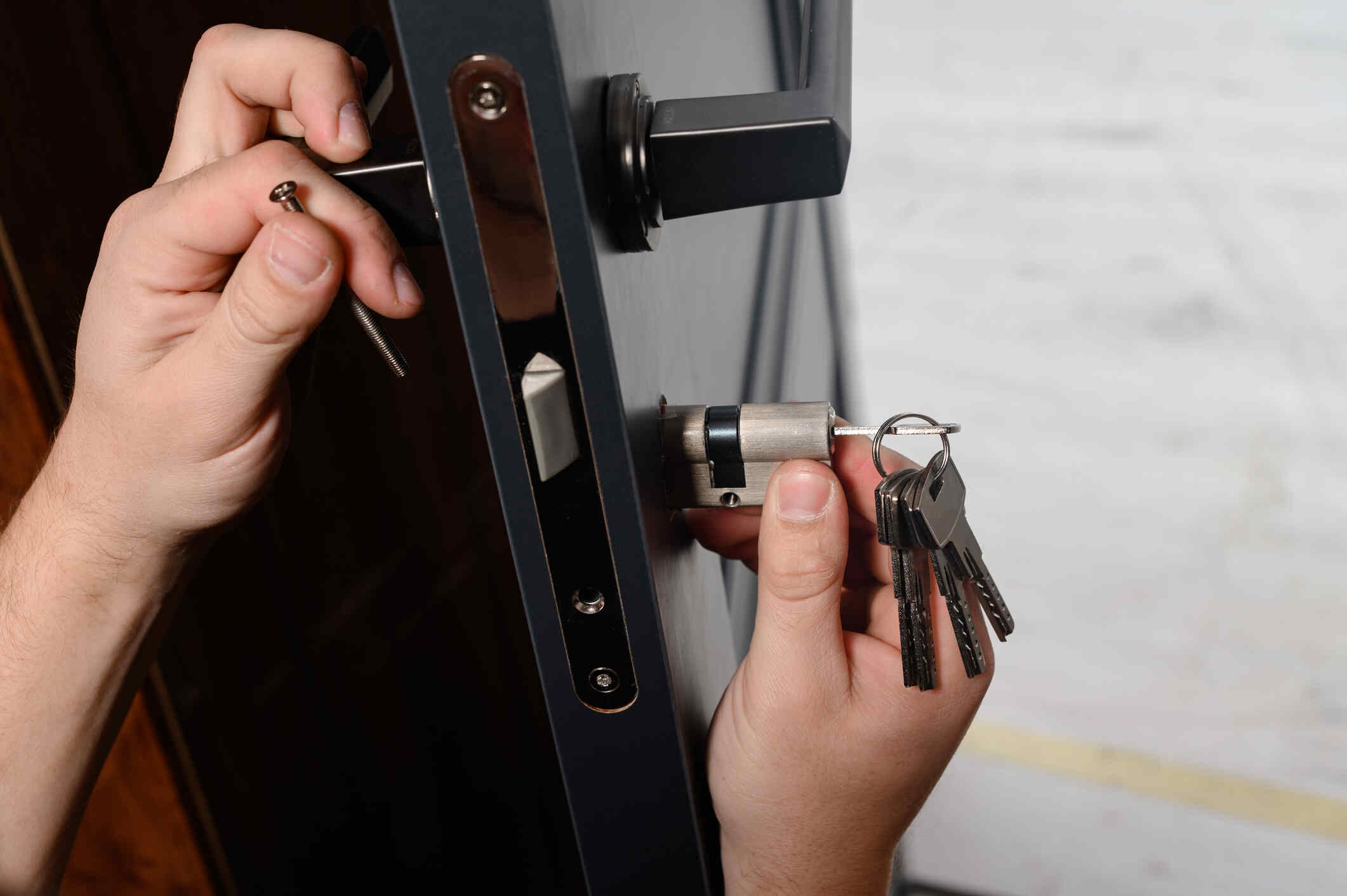As you know locksmiths play an essential or crucial role in ensuring the security of our homes, businesses and automotives. Have you ever locked yourself out of your car or home and wondered who to call? Locksmiths are the heroes of such moments, and their skills are always in demand. Whether you’re considering locksmithing as a profession or thinking of starting your own locksmith business, you might be asking: “Do I need a license to be a locksmith?” The answer depends on where you live and how you plan to operate.
In this article, we’ll cover everything you need to know about locksmith licensing, the steps to become a locksmith, and why licensing matters for aspiring entrepreneurs.
Do You Need a License To Be a Locksmith
The short answer: It depends on where you live.
In regions like California, Texas, and the UK, locksmith licensing is mandatory. This ensures that locksmiths meet professional standards and operate legally.
In other areas, licensing might not be required, but obtaining certifications can still enhance credibility and attract customers.
States That Require Locksmith Licensing

If you want to run your locksmith business in one of these states, then you require a license. States which need licensed locksmiths are:
- Alabama
- California
- Connecticut
- Illinois
- Louisiana
- Maryland
- Nevada
- New Jersey
- North Carolina
- Oklahoma
- Oregon
- Texas
- Virginia
In Maryland, If you run a locksmith business then you need a license but if you are doing locksmith work as an individual then you need not license.
But if you are practicing in 2 different countries then you need a license for each state having different requirements.
Some specific locksmithing activities exempt by certain states for licensing requirements
- Key duplication
- Manufacturer-Intended Lock Modifications
- Automotive Lock Repairs by Mechanics or Dealers
- Installation of New Locks in Construction
- Replacement Locks by Security Technicians
- Rekeying by Landlords or Property Managers
- Sales Demonstrations
Why Licensing Matters
Locksmith deals with sensitive security issues, making trust and professionalism paramount and licensing ensures that locksmiths are competent, ethical, and compliant with state or local regulations. It also helps protect consumers from unqualified or fraudulent service providers.
Steps to Become a Licensed Locksmith
Education and Training:
- Enroll in a locksmith training program or technical school.
- Learn the basics of lock mechanisms, security systems, and key duplication.
Practical Experience:
- Gain hands-on experience through apprenticeships or on-the-job training.
- Familiarize yourself with the tools and technologies used in locksmithing.
Meet Legal Requirements:
- Complete background checks.
- Apply for licensing or certifications in your region.
Continue Learning:
- Stay updated with new lock technologies and security systems.
- Renew licenses and certifications as required.
Licensing Requirements for Locksmith License
Here’s a quick breakdown:
- States with Mandatory Licensing: States like California require background checks, training certifications, and sometimes exams.
- States with Voluntary Certifications: Some states encourage locksmiths to join professional associations like the Associated Locksmiths of America (ALOA) for credibility.
- Countries Outside the U.S.: In the UK, locksmiths often need to follow strict legal and industry guidelines to operate.
Alternative Credentials: Certifications and Associations
While licensing requirements for locksmiths vary by region, obtaining certifications and joining professional associations can significantly enhance your credibility and expertise. Here are some notable certifications and associations in the locksmithing industry:
Certifications and Associations
Associated Locksmiths of America (ALOA): A leading organization offering education, certification, and resources for locksmiths, ALOA promotes high standards and ethical practices in the industry.
Certified Master SafeTech (CMST): An advanced certification for safe and vault specialists, the CMST requires extensive knowledge and experience in the field.
Society of Professional Locksmiths (SOPL): An international association providing training, certification, and networking opportunities, SOPL focuses on advancing the professionalism of locksmiths.
Master Locksmiths Association (MLA): Based in the UK, the MLA is a non-profit organization offering training, certification, and a directory of approved locksmiths, ensuring high standards within the profession.
Consequences of Operating Without a License

Operating as a locksmith without the required license can lead to several serious consequences:
- Legal Penalty
- Criminal Charges
- Civil Liability
- Business Closure
- Reputational Damage
Conclusion
Locksmithing is more than a trade—it’s a profession built on trust, skill, and dedication. Whether you need a license to be a locksmith depends on your location, but one thing is certain: licensing or certification can elevate your career and business.
FAQ
Are certifications necessary for locksmiths?
Certifications are not mandatory everywhere but can boost your credibility and skillset.
What is the cost of becoming a locksmith?
Costs vary depending on training, certification, and licensing fees but typically range from $1,000 to $5,000.
Can you start a locksmith business without a license?
Licensing depends on state laws; however, operating without one in a regulated state can lead to penalties.
Do locksmiths need insurance?
Yes, locksmiths should have liability insurance to protect against damages or claims.
Are locksmith licenses transferable between states?
Licenses are state-specific, so transferring often requires meeting the new state’s requirements.

